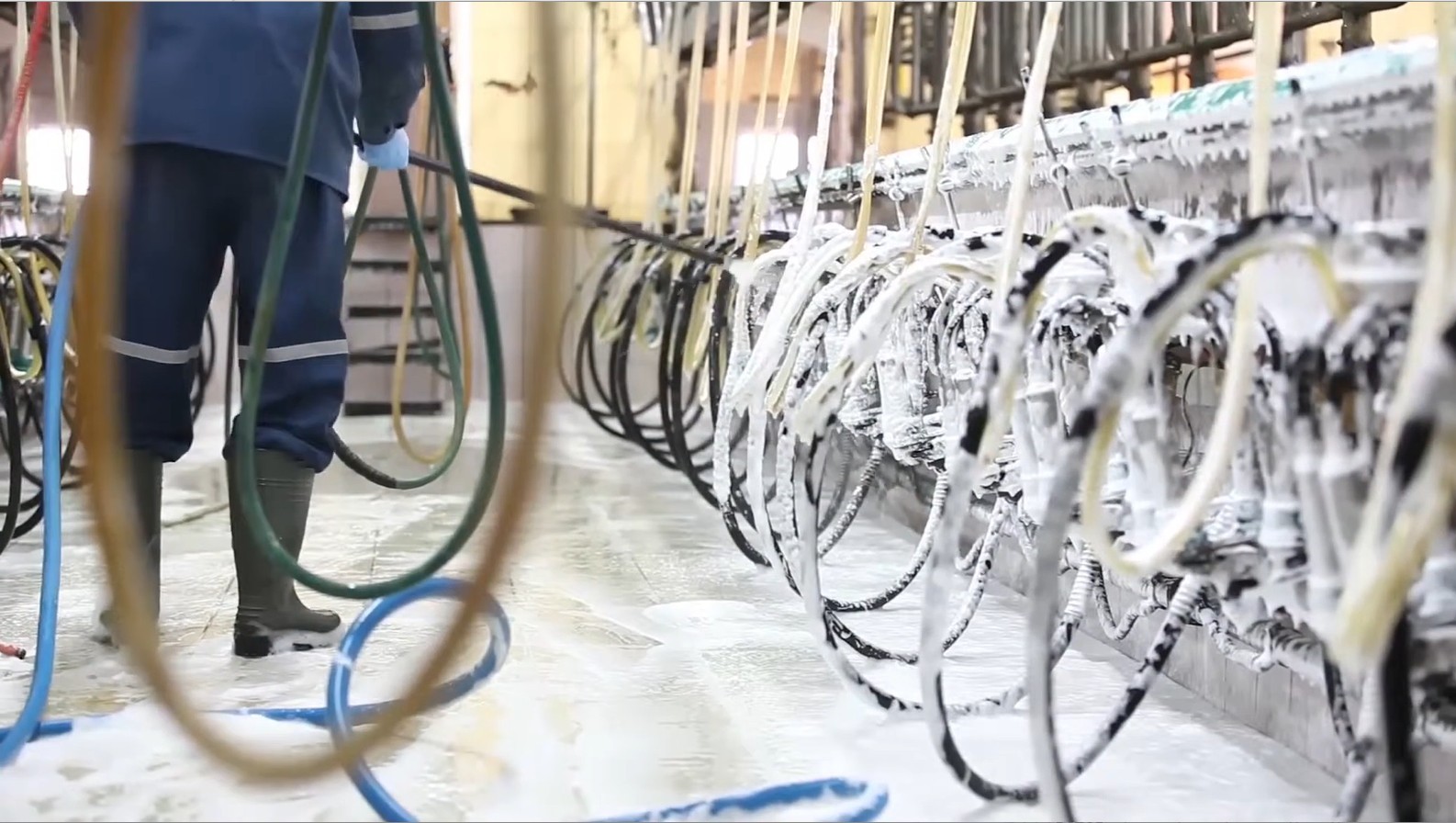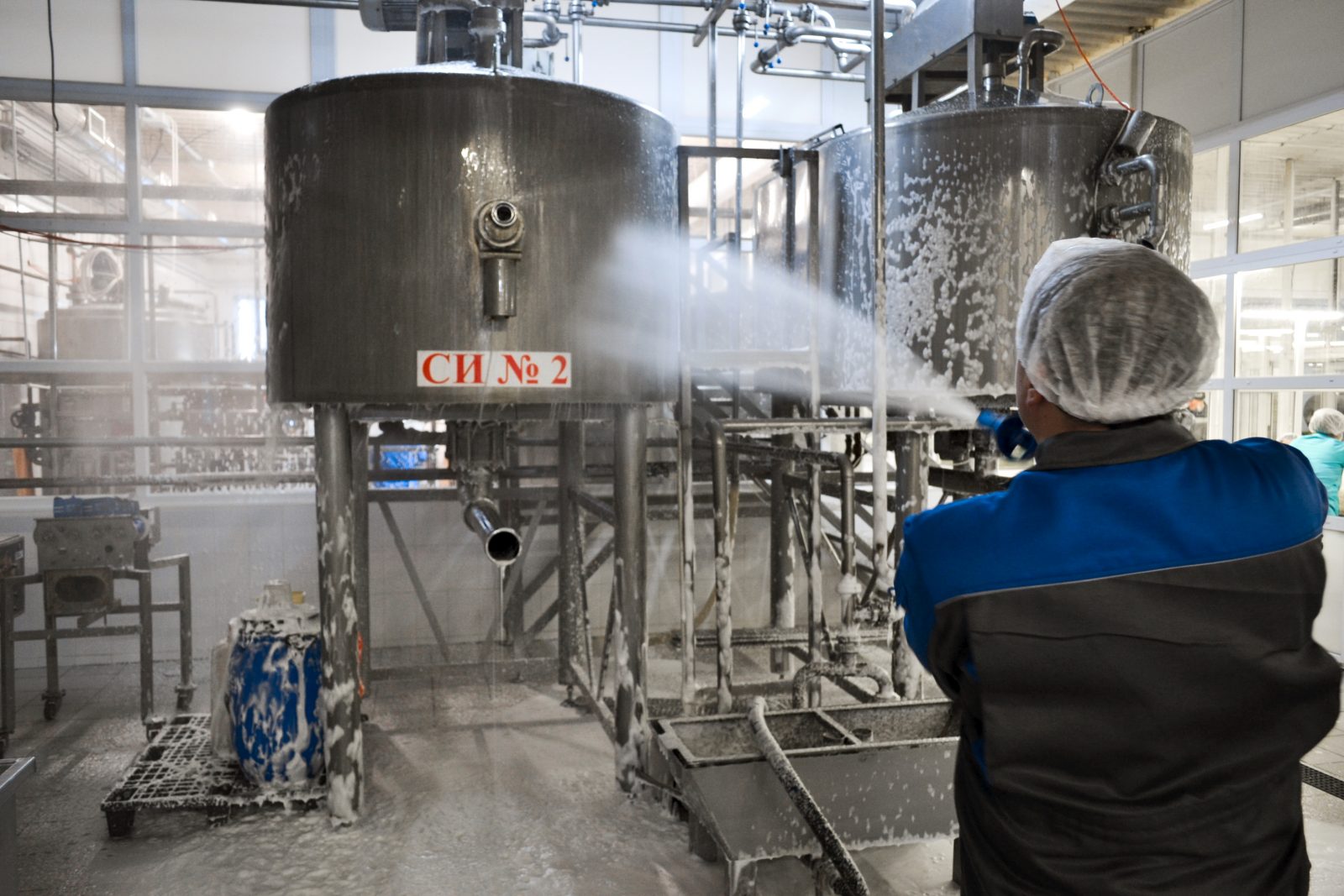
Exposure to polychlorinated biphenyls (PCBs) as a result of food contamination can negatively affect children’s neurological development and immune response. Pesticides in food as pollutants also have serious health effects. Excessive levels of these chemicals in food cause damage to the nervous system and kidneys, congenital disability, reproductive problems and can be carcinogenic. The accumulation of pesticides in body tissues can also lead to metabolic disorders.
There is also a risk of developmental disorders of the nervous system such as attention deficit disorder, autism, cerebral palsy and mental retardation caused by industrial chemicals such as arsenic, PCBs and lead found in both food and water. Exposure to such chemicals at the stage of fetal development can cause traumatic brain injury and lifelong disability in much lower doses than those that can affect adult brain function.
